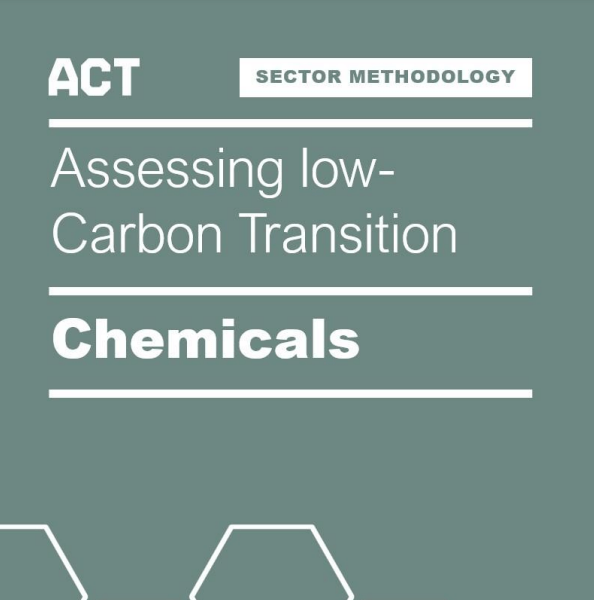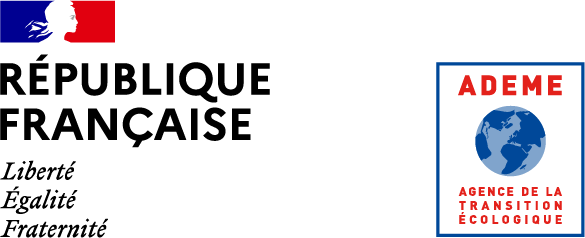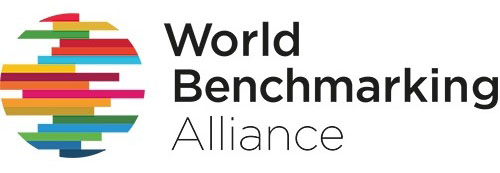The chemicals industry is currently responsible for a fifth of direct emissions arising from heavy industries – representing about 4% of global CO2 emissions. As the chemicals sector being the largest industrial energy consumer, and the forecast activity/demand being expected to keep on increasing in coming decades, it is of prime importance to assess companies’ decarbonisation strategy.
The ACT methodology considers all companies producing at least one of the primary chemicals at the upstream side of the sectoral value chain, considering both petrochemistry and inorganic chemistry (see full list of chemicals in section 3.2 of the methodology). The indicators and their weightings vary depending on the type of activities covered by the company and the respective shares of its emissions related to its production and from the production of its feedstock (the two main sectoral sources of emissions).
The methodology rewards companies that implement low-carbon processes, that foster circular economy (e.g. mechanical/chemical recycling, industrial symbiosis), that develop low-carbon products portfolio, and that act as enablers to support others to decarbonise their activities.
The chemicals methodology development process has lasted more than a year. The development process included drafting the methodology with the support of a technical working group composed of experts and stakeholders from the sector; experimenting with volunteer companies and considering feedback to improve the methodology; and a quality assurance process.



